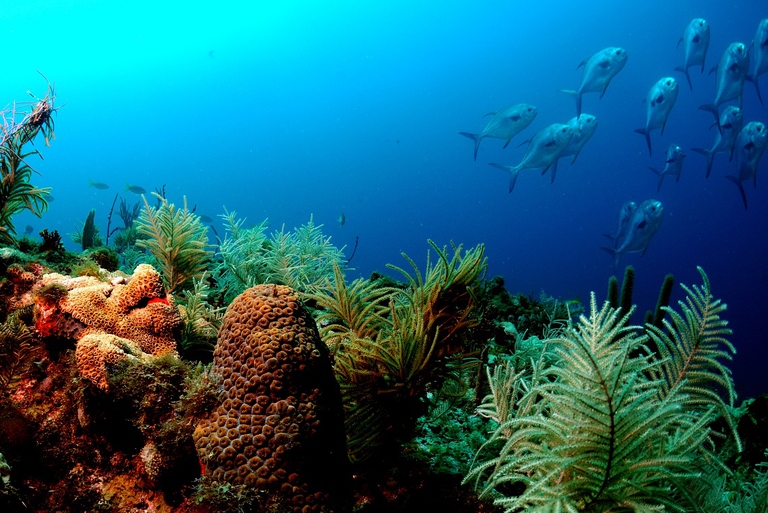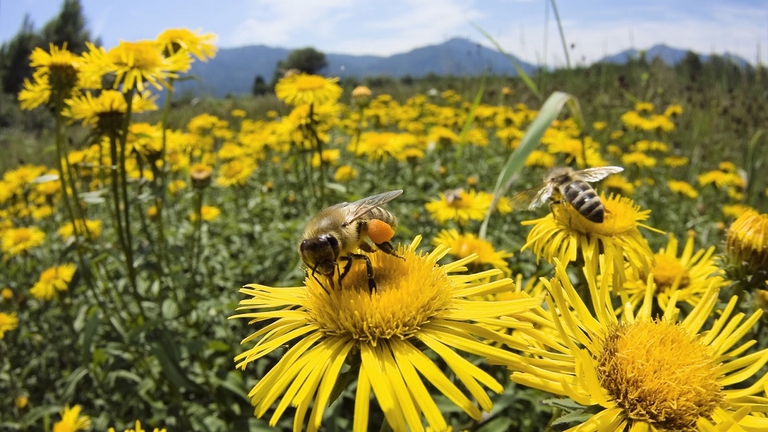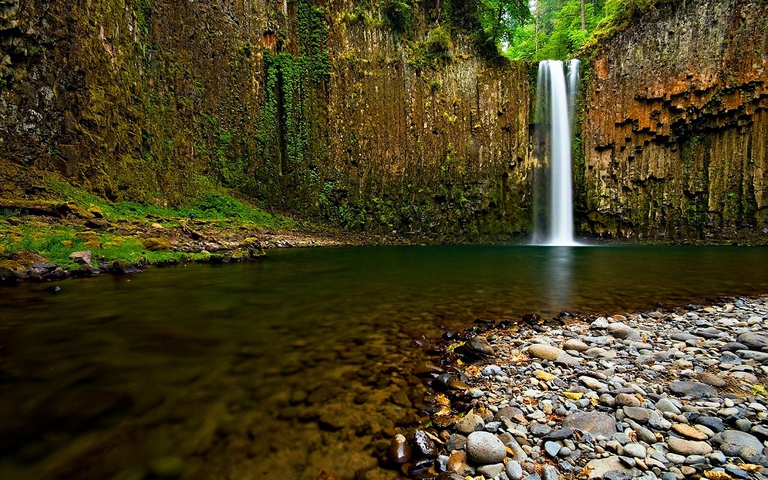
South African court dismisses a major lawsuit by 140,000 Zambian women and children against Anglo American for Kabwe lead poisoning. A setback for affected communities enduring the lasting impact of lead contamination.
Uno studio ha provato a calcolare il valore economico di animali, piante e servizi ecosistemici, con risultati sorprendenti.
Plankton, a group of different species of protozoa, algae, bacteria, and eukaryotic organisms, is worth 222 billion dollars, i.e. more than the annual turnover of Apple, Microsoft, or Nestlé.
Assuming that price tags are good for objects but not for animals, plants, and mountains, nature cannot be just valued considering mere economic values. However, in a world that often focuses on money, it can be a useful tool to help remind us that nature does have a value, and what might be lost if aspects of it disappear.
For this reason, BBC Earth, network aimed to scientific divulgation, has realised the Earth Index, putting nature’s value in the stock exchange, published in the financial sections of the Wall Street Journal (US); Times (London); Singapore Business Times (Singapore) and the Economic Times (India) putting nature on the stock exchange for the first time.
The index has been calculated in collaboration with the British environmental specialist Tony Juniper, commissioning a scoping study from the United Nations Environment Programme World Conservation Monitoring Centre (UNEP-WCMC).
“We scoured the available research and data to find comparable figures to company stock listings and settled on the financial value delivered each year,” said Juniper. “What this unequivocally shows is the major contribution that nature makes to our health, wealth and security.”
Freshwater alone, for instance, is worth the entire global economy. Therefore, according to the Earth Index, the total aggregate value of the water-related services provided by Nature is presented as at equivalent to global GDP, i.e. about $73.48 trillion.
The value of trees is more than $16 trillion. Forests play an essential role to some 1.6 billion people, which subsistence depends on them. Moreover, trees are our major allies in reducing CO2.
Bees’ and other pollinators’ work, essential to agriculture and other functions, is worth 106 billion dollars, whilst a single colony has an annual value of 141 dollars. What about beavers? One individual of this funny rodent, which we might think it could not influence our lives, annually produces services worth 120,000 dollars, for its contribution to reduce the risks of flooding and improve water conservation.
The study aims to highlight practical and economic advantages deriving from natural resources, in a way that we can better understand the real impact climate change has on the long run on the natural capital.
If the environment was a listed company, brokers (us) would have the right to complain about the senseless natural resource management.
Siamo anche su WhatsApp. Segui il canale ufficiale LifeGate per restare aggiornata, aggiornato sulle ultime notizie e sulle nostre attività.
![]()
Quest'opera è distribuita con Licenza Creative Commons Attribuzione - Non commerciale - Non opere derivate 4.0 Internazionale.
South African court dismisses a major lawsuit by 140,000 Zambian women and children against Anglo American for Kabwe lead poisoning. A setback for affected communities enduring the lasting impact of lead contamination.
Controversial African land deals by Blue Carbon face skepticism regarding their environmental impact and doubts about the company’s track record, raising concerns about potential divergence from authentic environmental initiatives.
Majuli, the world’s largest river island in Assam State of India is quickly disappearing into the Brahmaputra river due to soil erosion.
Food imported into the EU aren’t subject to the same production standards as European food. The introduction of mirror clauses would ensure reciprocity while also encouraging the agroecological transition.
Sikkim is a hilly State in north-east India. Surrounded by villages that attracts outsiders thanks to its soothing calmness and natural beauty.
Sikkim, one of the smallest states in India has made it mandatory for new mothers to plant saplings and protect them like their children to save environment
Chilekwa Mumba is a Zambian is an environmental activist and community organizer. He is known for having organized a successful lawsuit against UK-based mining companies.
What led to the Fukushima water release, and what are the impacts of one of the most controversial decisions of the post-nuclear disaster clean-up effort?
Nzambi Matee is a Kenyan engineer who produces sustainable low-cost construction materials made of recycled plastic waste with the aim of addressing plastic pollution and affordable housing.











